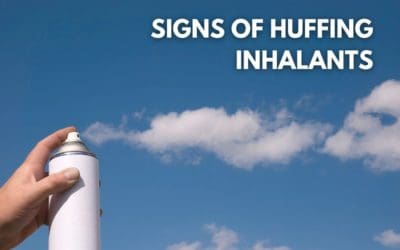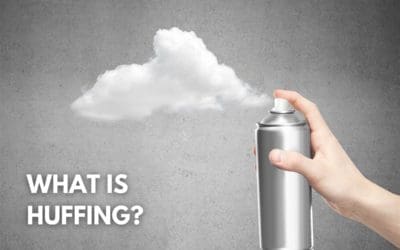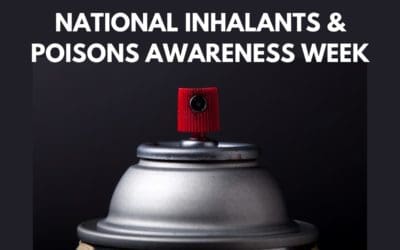An Introduction to Inhalants
Inhalants are gases and vapors that have psychoactive, mood-altering effects. They can be taken in a variety of ways, but all involve inhaling the substance in some manner. Inhalants act as a central nervous system depressant, inducing feelings of euphoria and other side effects that are similar to being drunk or using benzos. These include a lack of coordination, confusion, and nausea.
Inhalant addiction, withdrawal, and overdose aren’t common. However, these drugs are still a major concern because of how accessible they are. Inhalants are made up of a vast array of items including everyday household products like hairspray, nail polish remover, or air-freshening sprays. This drug type is made up of four categories: aerosol sprays, gases, nitrates, and volatile solvents.
Youth Abuse of Inhalants
Many of these substances are cheap and readily available on shelves of local grocery stores or other retailers. For this reason, inhalants are most likely to be used by children and adolescents. Rates of abuse are highest amongst children between the ages of 10 and 16, which has garnered inhalants the reputation of being a “kid drug”. This name is dangerously misleading, as inhalant use can quickly turn fatal. A study found that 22% of first-time inhalant users died from a circumstance known as sudden sniffing death syndrome, which also happens to be the leading cause of inhalant deaths.

































